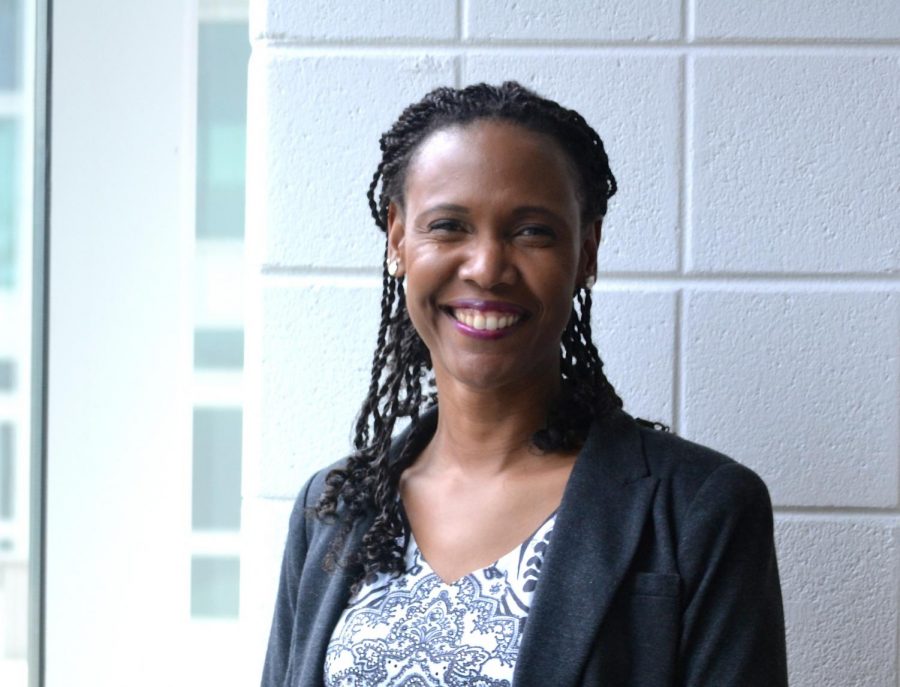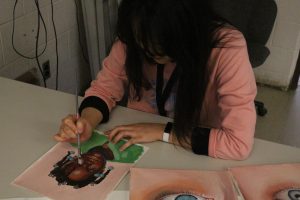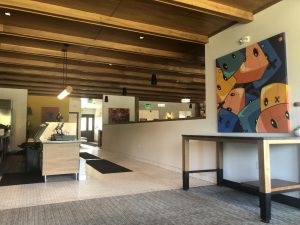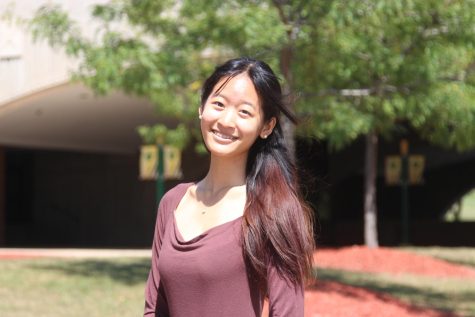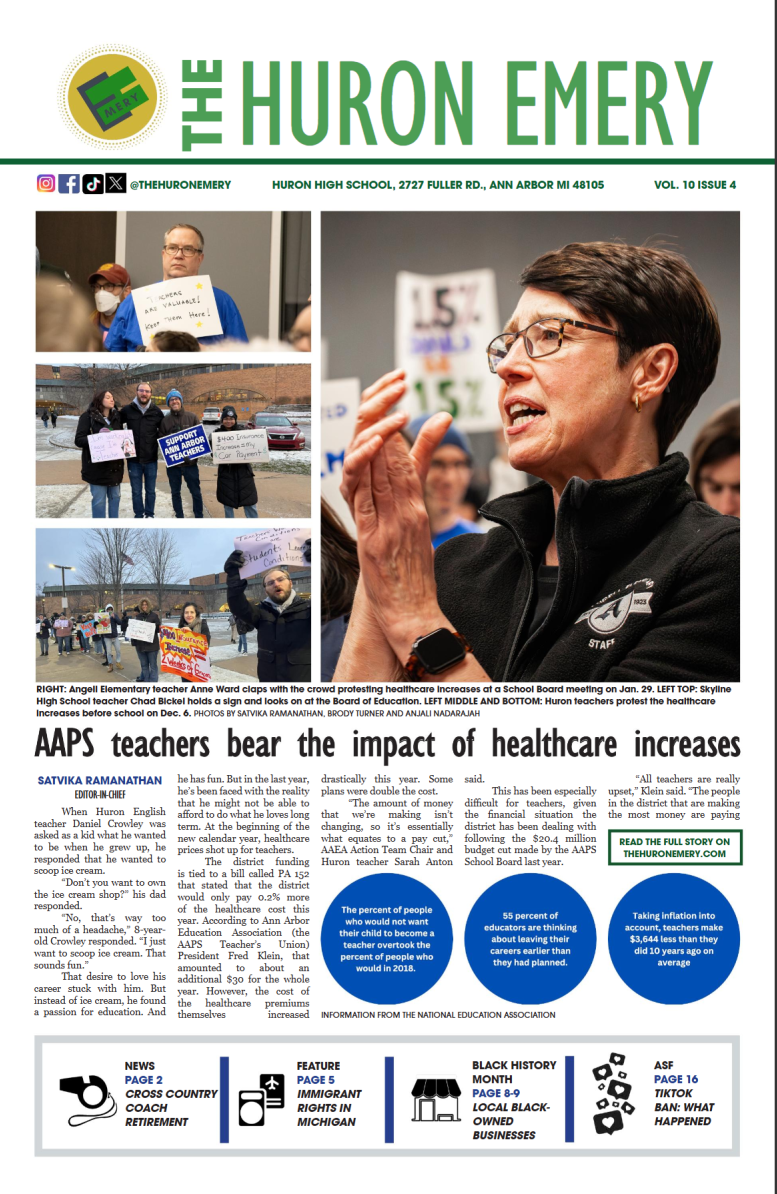“Don’t You Know You’re Loved by Somebody”: A Profile of Skyline English Teacher, Tonya Whitehorn
Whitehorn has been teaching the English portion of the African American Humanities course for nine years.
December 5, 2020
“Life has this way of just smacking you upside the head,” Tonya Whitehorn, a teacher at Skyline High School, said. “I had all these English credits [in college], but I was like I’m going to major in Social Studies because I don’t think I’ll be able to find a job teaching English.”
What does she do when she gets out of school? Whitehorn teaches English. In fact, she taught English for 13 years until the African American Humanities course found her.
“Actually, I was bullied into [teaching it],” Whitehorn interjected.
So, Whitehorn was bullied into teaching this course by the African American Humanities teacher at Huron who came over to Skyline, Kate Wade. At the time, Whitehorn was teaching English 11 AP.
“The year before we had our first senior class, Kate asked me to teach this course called African American Humanities,” Whitehorn said. “And I was like, ‘No, I don’t want to do it.’”
Besides the load of unpleasant curriculum writing that a new course entailed, the fact that Whitehorn felt she had an obligation to her 11 AP class also made her hesitate.
“I had a lot of students—black students—who felt comfortable taking my course,” Whitehorn said. “I knew by taking me out of 11 AP and putting me into Humanities that I was going to lose that huge section of 11th graders.”
But in the end, Whitehorn did start teaching the African American Humanities course.
“I don’t actually remember how [Kate] convinced me,” Whitehorn admitted. “I admire Kate, and because I admire her, I pretty much would have done anything she asked me. She’s just a woman of integrity.”
Whitehorn has taught African American Humanities for nine years and counting—the last eight by choice. She teaches the English portion while Kathy Mackercher teaches the history portion.
Beyond the fact that this course was a twist on the customary history class, Whitehorn’s consistency of tying what they learn back to the students may just be the it-factor.
“If you are of African descent in this country, there’s often this shame attached to having ancestors as slaves,” Whitehorn said. “So, I challenge the narrative, and I want the kids to be proud of what their ancestors were able to endure, to no longer look at their ancestors and connect that useless emotion of shame to these people, because they were stronger than most of us, and endured so much. We’re just giving the enslaved back their humanity, at least in one unit that we teach slavery.”
Whitehorn even admitted that as much as this class focuses on history, it frequently springs back to the present.
“I never forget we were reading this one book in Humanities called Homegoing,” she said. “In that instance, I did have a couple young ladies who had gotten to a particular chapter, and they were in tears. And the reason that they were in tears was sad.”
They said they saw their mothers and grandmothers in the main character, Ness.
“[Ness] was what we call the stereotypical strong black woman,” Whitehorn said. “But how she got that way was absolutely heartbreaking.”
Whitehorn isn’t sure if the students found out more about themselves afterward, but she is positive about something else.
“I’m sure that they feel better about what they see in the mirror by the end of the class,” Whitehorn said, “that as students of color, they’re not looking in the mirror and wishing for lighter skin or straighter hair or any of those things that tie to European standards of beauty.”
Another chief reason why Whitehorn does what she does is because the students value her class. And her students value the class because she values her kids—Ms. Whitehorn’s kids.
When I asked her what was one thing she wanted to tell her students, it was a quote from Stevie Wonder’s song “As.”
“He says, ‘Don’t you know you’re loved by somebody.’ I feel like it assumes [the students] know that they’re loved by the people who teach them,” Whitehorn said. “And hopefully, they won’t try to seek out something that they think is love and compromise who they are. Love doesn’t ask for you to silence yourself. Love doesn’t ask for you to be small. And love doesn’t want you to dim your light.”



